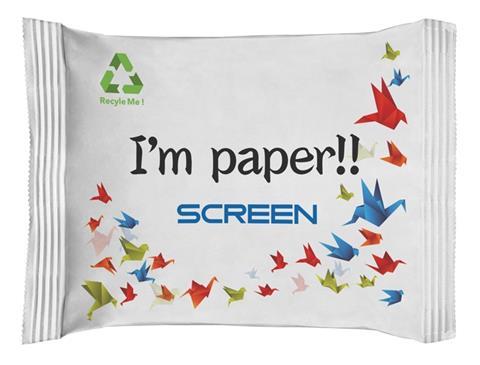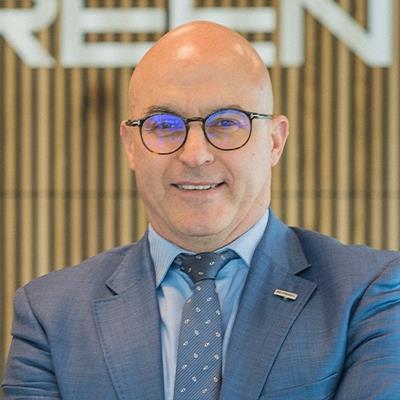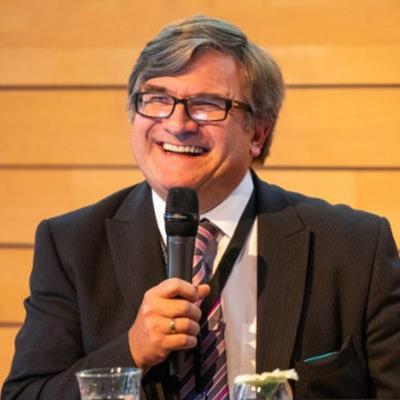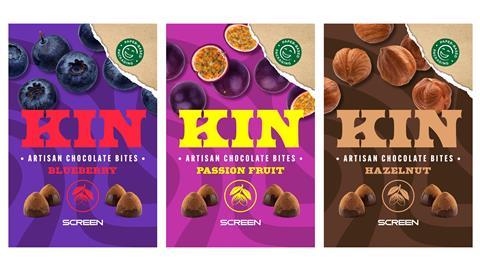Date: Thursday 2nd November 2023
Time: 14.00 GMT | 15.00 CET
Event Overview
The flexible packaging industry faces mounting pressure to enhance its sustainability driven by consumer demands and new European legislation (i.e. Plastic Tax). Inkjet digital printing serves as a circular economy enabler to reduce the environmental footprint in flexible packaging compared to traditional analogue printing processes.
Sustainability Trends and Drivers:
Today’s competitive landscape necessitates shorter flexible packaging runs with increased product diversification, driving the need for short runs. Brand owners seek rapid sample production, reduced inventories, and agility for urgent jobs. Consumer and legislative preferences for ethical and sustainable packaging further promote eco-friendly production methods.
Inkjet Digital Printing Innovations:
Traditional analogue printing methods (i.e. flexo, gravure) are resource-intensive and generate significant waste, primarily suitable for long runs. However, the industry trend towards shorter print runs and customization challenges analogues methods’ sustainability. Inkjet digital printing offers a solution with water-based food compliant inks, reducing waste and energy consumption for short to medium production.
Digitally Printed Paper-Based Packaging:
The push for reduced plastic use in packaging aligns with consumer preferences for paper as an eco-friendly substrate. Single-layer paper with barrier coatings is gaining traction, particularly kraft/uncoated paper due to its natural look and eco-friendly aspect. Compact, low-energy inkjet digital presses can facilitate the adoption of local printed barrier paper, promoting recycling and reducing CO2 emissions during transportation.
Future Readiness with the Right Printing Technology:
Printing interchangeability between digital and analogue processes is vital to meet varying packaging format demands. Brand owners require consistent colour fidelity but are less concerned about the printing technology used. Striking a balance between these demands, existing technologies, and profitability is key. Futureproofing companies involves adopting agile Inkjet Digital presses for short runs, complementing existing analogue presses for medium and long runs, enhancing capacity and utilization rate.

Learning Objectives
- Highlight the growing influence of paper-based packaging as the substrate of choice for an ever increasing number of food packaging applications due to its “perceived” eco-friendly and sustainability benefits from both consumer groups and brand owners.
- Describe the modularity construction of paper-based packaging for different types of barrier functionality and sealing method but also its limitations of use.
- Illustrate inkjet digital printing as the catalyst for sustainable paper packaging to help brand owners and packaging converters accelerate this new market due to its fast speed-to-market, flexibility, and ease of use.
- If your sustainability strategy includes paper-based packaging, then developing this market using a water-based (food compliant) inkjet digital printing press (instead of conventional analogue presses-flexo or gravure) would enable to reduce the environmental impact (CO2 footprint) in your overall LCA assessment due to: lower energy consumption, water-based inks (reduction of VOCs), reduction of waste (substrate, ink, solvent, plates/cylinders, overproduction, obsolete, etc). Printing production has got a significant impact in the manufacturing section of any packaging LCA.
Meet Your Speakers

Juan Cano
Business Development Director-Flexible Packaging, SCREEN Europe
Juan Cano is an accomplished and highly experienced leader in the flexible packaging industry, now taking on the dual role of Director of Marketing and Business Development for SCREEN Europe. With a proven track record in business development, product marketing, and accelerated growth of innovative packaging and printing solutions, Juan Cano is spearheading the newly created flexible packaging inkjet printing division in Europe, empowering converters and brand owners to expedite the transition from analogue to Inkjet digital printing. His educational achievements include a degree in Chemistry from the University of Granada, an MSc in Polymer Science from the University of Manchester, and an MBA from Oxford Brookes University.

Patrick Poitevin
Independent Packaging Consultant, Advisory4Pack Ltd
Patrick (M.Sc. Tech. & Chem. & Sol. Phys.) has 45 years of packaging innovation, engineering, and development expertise at major worldwide brands such as Mondelez, Marks & Spencer, Nestlé, Campina, COTY, COSi, and Estée Lauder. He is passionate about innovation, newness, and cutting-edge technologies, with a particular interest in flexible papers, barrier coatings, conversion, digital technologies, and machinability. With decades of experience of working with global brands, he has deep insight of the packaging industry, from mass market to high-end consumer products, in food, confectionery, beverages, cosmetics, personal care and fragrances. He is also actively involved in various projects for major digital print companies and brand owners, advises a number of startups, and mentors students at a variety of universities. Patrick is a strong advocate of digital technology, sustainability, and recyclability.
About SCREEN Europe

Discover more about SCREEN Europe: https://www.screeneurope.com/
SCREEN Europe is one of the world’s largest manufacturers of printing production systems for the prepress and printing industries. With 80 years’ experience in the graphic arts industry, SCREEN is a specialist manufacturer of inkjet digital printing equipment for three main markets: commercial printing, labels and packaging.















No comments yet